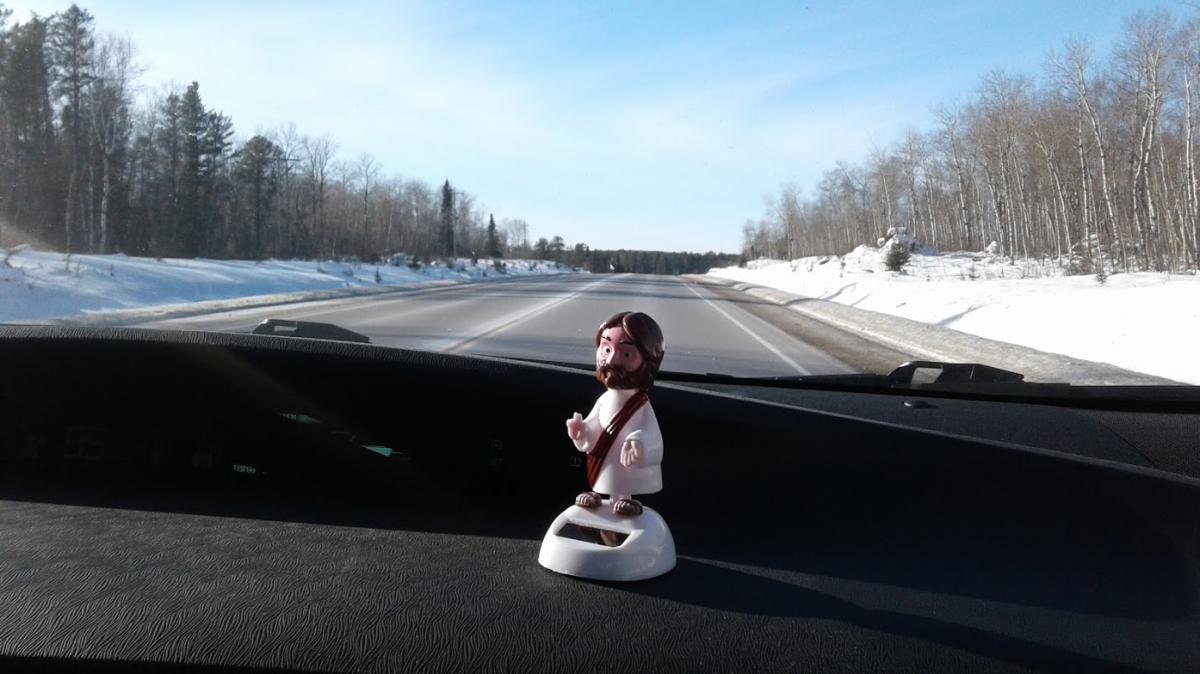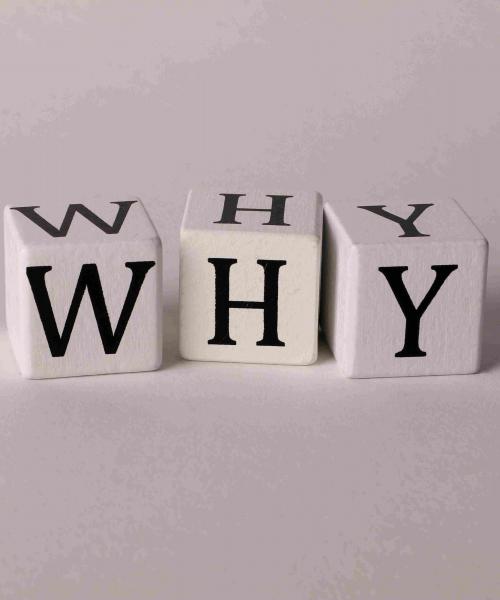
starting fresh
There are hundreds of thousands of stories being told right this minute. Stories of all kinds, in every language. These are stories that deceive and delight and discourage and give hope. Some are stories that people will cling to and treasure. Some are stories soon forgotten.
And as we discovered last week, sometimes the best stories are the ones that are retold and reimagined; stories that are rescued from the clutches of the past and given new life for new people.
Jesus tells stories like that. Ah, but if it were only stories, proverbs and parables that Jesus worked with.
For Jesus is a faithful person, joining regularly in the worship and discussion that is so much a part of Jewish life. Every Sabbath, and on this Sabbath, in his home town synagogue, he reads Isaiah, and then proclaims that the change is here and now.
He dares to clothe himself in these ancient words – to put himself in the heart of this old, old story. There is admiration, sure – “Joseph’s son” they call him, unable to see who he is because they knew him way back when. And Jesus understands the problem. He addresses it full on.
The stories of his exploits have already reached them. They don’t want words, they want action – miracles – signs from God. Jesus knows there are barriers – the past gets in the way of the present, never mind the future. And then he reminds them of their stories.
This is how God works: God sent Elijah to a foreign woman, though there were many widows in Israel. And Naaman wasn’t exactly from the right side of the tracks when Elisha cured his leprosy. You claim God as your own, but God is much bigger than you imagine.
This version – Jesus’ interpretation doesn’t go down well. The people are enraged. They drive Jesus out of the synagogue and lead him to the edge of town – the top of a hill – intending (the text says) to hurl him off the cliff. So, Jesus leaves.
We don’t have to imagine this scene. We’ve seen it played out before our eyes. New information comes to light about the arrival of settlers to North America, and the story is re-told from the perspective of first nations, and those who are most heavily invested in a different story – a story loaded with the language of discovery and littered with the wreckage of conquest – those people fight back.
Or we consider an idea about the origins of the universe, or the age of the earth, or the origins of humanity, and people who have lived comfortably with a different story – a story of sudden, divine magnificence – those folks get uncomfortable…or irate.
And comfortable, privileged Christians do not react well when you suggest that Jesus was most comfortable among the weary, the weak, and the otherwise unwanted of his day. When it’s pointed out that he heaps love on the unloved, and saves his wrath for those who hide behind religious certainties, those comfortable, certain folks become quite un-Christlike.
And so it goes. Tell someone who claims to be ‘fighting for freedom’ that you couldn’t do what they are doing in a country without freedom and they simply spew nonsense and call you names. People are quite devoted to their stories – the myths we create for ourselves become the truths we cling to. It’s a safety measure – a way of imagining we have some control over things that too often take us by surprise and leave us wounded and confused.
And Jesus appears in our stories and reimagines them and tells them from God’s perspective. He gives us a chance to escape the so-called truths we’ve surrounded ourselves with and offers us a chance to live in God’s reality.
Do you remember the text Jesus read? A text that resonates with Jeremiah’s call ‘to pluck up and to pull down, to destroy and to overthrow, to build and to plant.’
Jesus claims this for himself:
‘The Spirit of the Lord is upon me,
because he has anointed me
to bring good news to the poor.
He has sent me to proclaim release to the captives
and recovery of sight to the blind,
to let the oppressed go free,
to proclaim the year of the Lord’s favour.’
He dares to suggest that God’s desire is for freedom of the best kind – for the poor and oppressed – for the blind and the captive. Whether actually blind or metaphorically blind, I don’t think it matters. Whether actually imprisoned or held captive to hatred and ignorance, it doesn’t matter. The mission of Jesus is to retell our stories in a way that lets us re-discover God – lets us make a fresh start.
The people react because Jesus’ message accuses them of being something other than they imagined. They were at worship, weren’t they? Are they not God’s people? Yet here is this home-town boy trying to teach us our faith?
Jesus is like that. In offering new life, he first must break down the old life by re-telling our old stories– a painful process. And more painful if that ‘old life’ has brought pleasure and privilege – satisfaction and certainty.
God’s story with us is full of surprises. Jesus’ death and resurrection is just the beginning, and a sign that not all the surprises will be pleasant. But God’s story holds truth of a different kind. Not manufactured truth that we can exploit, but radiant, eternal truth that seeks to reveal the good in all things.
 St. John's
St. John's




